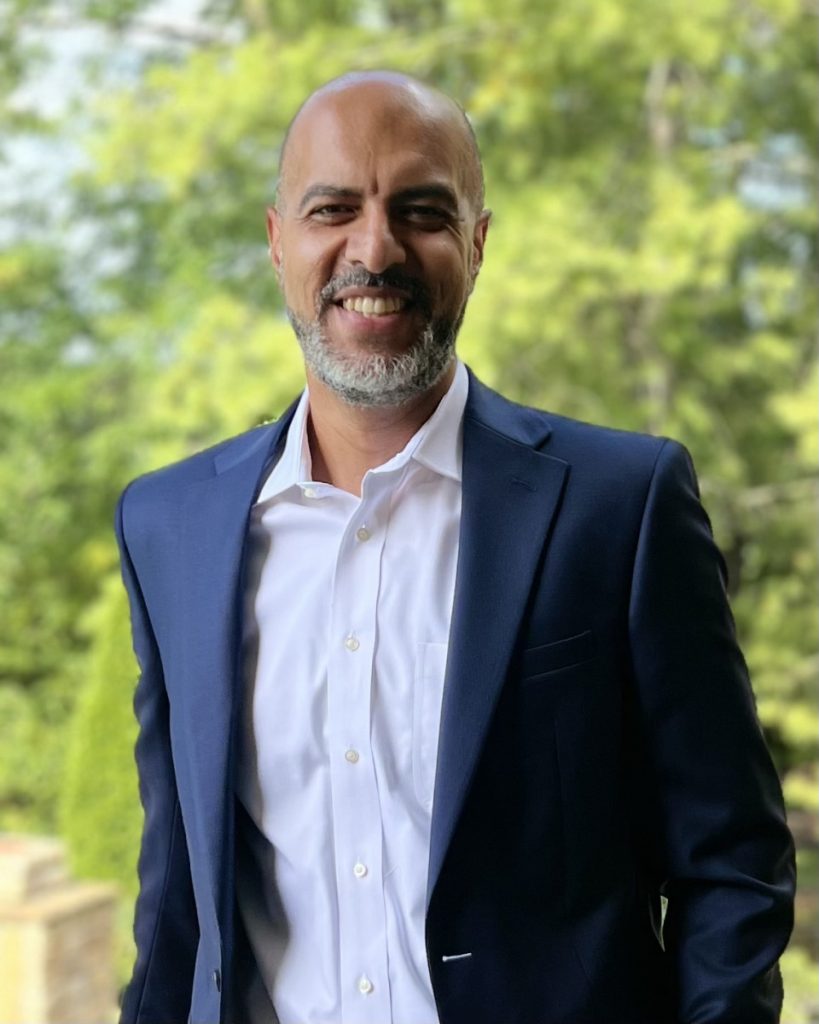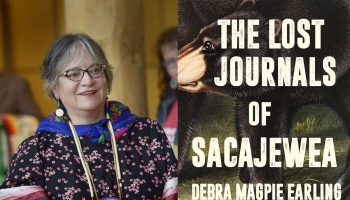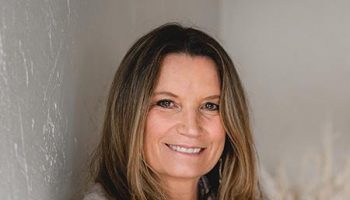
Kaitlyn Finchler
Contributing Writer
Technology and the COVID-19 pandemic affected people in more ways than imaginable — and not just singular people, but communities as a whole. Faith-based communities and religion have experienced the downfall of a technological world and the declining social interactions the pandemic robbed them of.
Haroon Moghul — founder and president of Queen City Diawn, a company that educates and empowers people of all ages and backgrounds through global tours, retreats and leadership journeys — will deliver his lecture, “The Mosque at Jurassic Park: Moral Formation for the End Times,” at 2 p.m. today in the Hall of Philosophy for the Week Nine Interfaith Lecture Series theme, “Past Informs Present: Traditioned Innovation in Spiritual Life.”
“I’m going to share the story of how I started teaching Muslim high schoolers in a kind of informal Sunday School,” Moghul said, “and how in trying to build a class that was relevant and meaningful and thoughtful, that helped prepare them for a life of faith and a life in the world.”
A few of the things Moghul said he’s realized through this work include new perspectives on education, moral formation and how religious communities have a “very important role to play” in understanding the boundaries of technology in people’s lives.
He got the idea for the Sunday School from his kids attending a virtual, Zoom-based Sunday School which, “as you can imagine, was terrible.”
“I don’t believe Zoom is a very good learning medium generally. Specifically for kids (and) teenagers, it’s not just unhelpful, but probably actually harmful in many ways,” Moghul said. “It should be used as sparingly as possible and only when necessary. So, the course really started as an attempt to correct for what they were missing and I’ve kept that in mind ever since.”
In the last couple years, Moghul said there’s been a backlash against smartphones and a growing idea of the need for spaces where people “get to be people” and have direct conversations among themselves without the mediation of technology.
“What I want to do is take that larger frame — which is broadly accurate — and look at not just how we are being alienated from each other, which is a secular concern and a reasonable one, but how we’re alienated from ourselves and our purpose in the world,” he said.
The ways in which the COVID-19 pandemic affected people hasn’t been fully “unpacked,” Moghul said.
“The changes that accelerated or commenced under COVID, in many cases, haven’t really ever rolled back or have only been half-heartedly addressed or compensated for,” he said. “My hope is we get to have a space at the top where we can talk about what we’ve learned over the last few years — what people of faith should be doing and what we can see coming around the corner and how we might best prepare ourselves — from younger to older — to make sure the benefits of those changes are realized and the harms of those changes are mitigated.”
Other than Zoom calls, Moghul said the pandemic affected the Muslim community in myriad ways.
“First and foremost, right off the bat, faith is embodied,” he said. “It’s tangible. It’s physical. It’s kind of counterintuitive to even have to say that, because when we think about faith, we think about the supernatural. We think about the sacred. We think about the transcendent.”
In his faith tradition — and most faiths he’s studied — Moghul said the experience of being present, in a ritual, in a practice of communication or the inner process of self-reflection, is vital.
“In Muslim communities, what I’ve seen is that a generation missed out on the chance to socialize in and through faith. … People develop a radar for dishonesty and dissimulation and deception through in-person engagement,” Moghul said. “We learn to spot cues and understand sources of danger through and with other people. And, when we have less or even none of these interactions, then it’s easier for us to be disconnected … and easier for us to be manipulated in and through faith.”
Although the frameworks may be different, Moghul said he hopes there’s a “spark” or “moment of recognition” for the audience, as everyone is confronted by the same basic reality.
“If we can’t mobilize collectively to think about responsible ways to curtail the worst sides of it and to focus on the better uses of it, then it’s a harm not just for a community’s faith, but for us as a nation entirely,” Moghul said.




